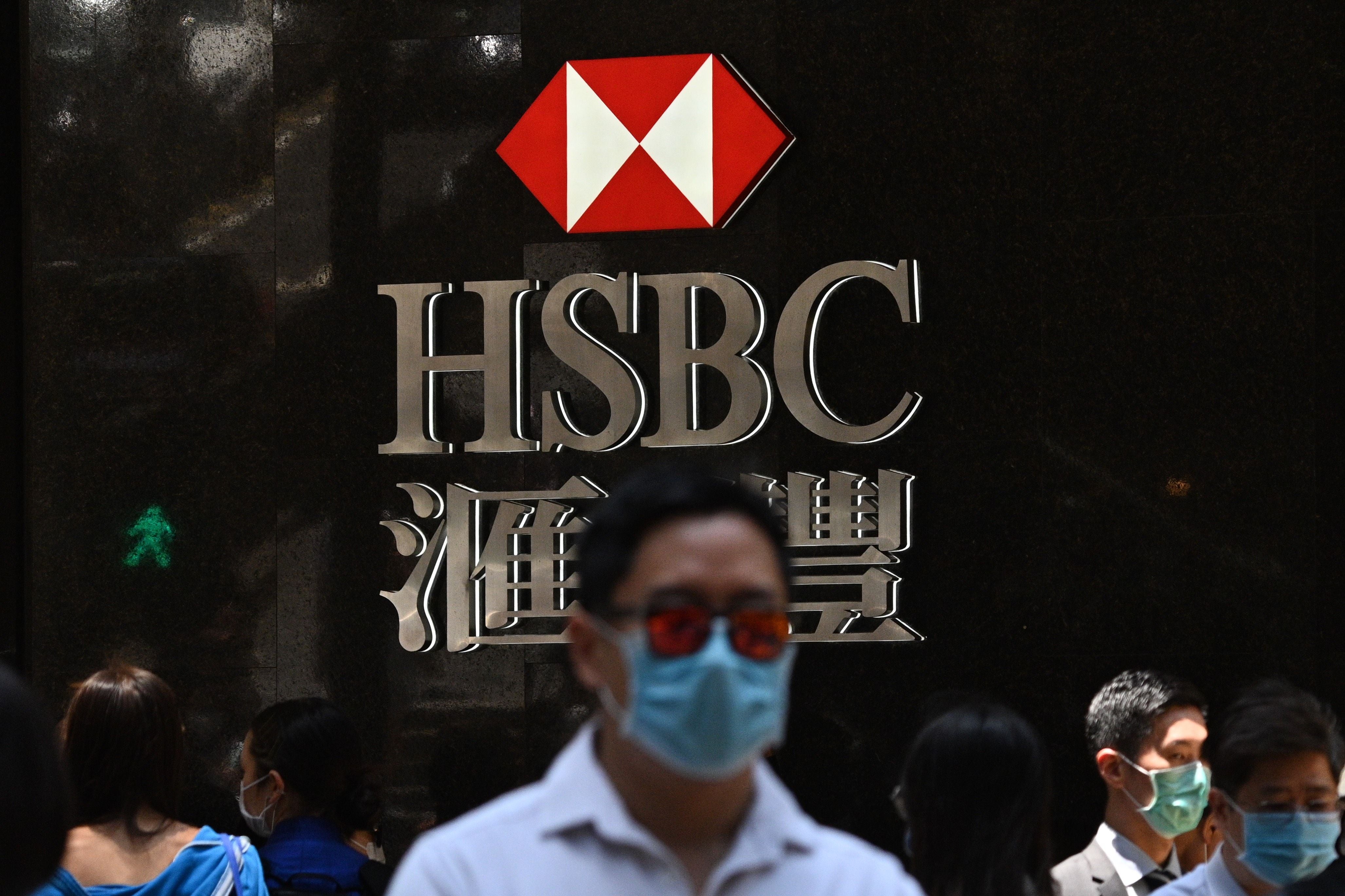HSBC share price tumbles to lowest since 1995 after money-laundering allegations
Investors sell off shares after leaked files allegedly show banks moved billions of dollars suspected to be proceeds of crime

Banking share prices tumbled on Monday after a cache of leaked documents revealed that some of the world’s largest banks had processed $2 trillion (£1.6 trillion) of transactions flagged as potentially suspicious.
HSBC's shares fell 5.3 per cent in Hong Kong to their lowest level since the mid-1990s, with the London-based bank at the centre of the storm over alleged money-laundering.
Documents obtained by BuzzFeed News allegedly detailed transactions that banks processed despite filing reports with regulators suggesting they may be linked to criminal activity.
The news caused a widespread sell-off of shares in the banking sector on Monday as markets priced in the potential for a renewed crackdown by regulators on the industry.
Barclays shares were down more than 5 per cent in early trading, as were NatWest Group’s (formerly RBS). Santander's share price dropped 4.8 per cent.
Banks are required to file Suspicious Activity Reports (SARs) if they believe a client's activity suggests they might be attempting to break the law by, for example, laundering the proceeds of crime or financing terrorism.
However, banks do not have to cease trading for the client or refuse to go ahead with the transaction – an act that may alert criminals that they are being investigated.
More than 2,000 reports that banks filed with the US Treasury’s Financial Crimes Investigation Network (FinCEN) between 2000 and 2017 were analysed by the International Consortium of Investigative Journalists and 108 news organisations around the world.
The BBC's Panorama programme alleged that the documents showed fraudsters and oligarchs were allowed to move money between different accounts after banks had been made aware the money involved might be linked to scams and other crimes.
The programme called the documents "some of the international banking system's most closely guarded secrets".
Anti-corruption group Transparency International UK said the SARs "repeatedly cite weak money-laundering defences in the UK financial sector as a major problem".
It added: "The leak shows how UK banks continually fail to address suspicious activity and instead offered their services to those with money to hide.
"Transparency International UK's research has previously identified 86 UK banks and financial institutions which have, unwittingly or otherwise, helped corrupt individuals acquire assets and move suspicious wealth."
In a statement to Reuters on Sunday, HSBC said “all of the information provided by the ICIJ is historical”.
HSBC said it had reformed its compliance procedures following a $1.9bn settlement with US authorities over handling cash for Mexican drug traffickers in 2012.
“HSBC embarked on a multi-year journey to overhaul its ability to combat financial crime across more than 60 jurisdictions,” the bank said.
Join our commenting forum
Join thought-provoking conversations, follow other Independent readers and see their replies
Comments
Bookmark popover
Removed from bookmarks